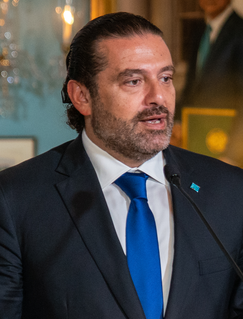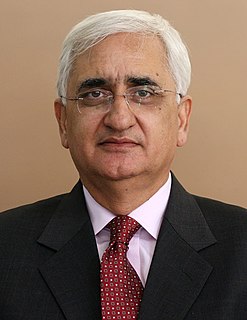A Quote by David Petraeus
Iran has had a very harmful effect in a variety of ways in the region... fomenting unrest to a degree in Saudi Arabia, undoubtedly in Bahrain, and definitely in Yemen with Hamas, with Lebanese Hezbollah among other activities in locations.
Related Quotes
We are not shrinking from talking to Saudis or anyone else in the region, but it is up to each nation in the region to decide on its own how it will proceed and at what pace. There are other nations in the region that had similar policies to Saudi Arabia that are starting to make changes, such as Bahrain, Kuwait, Qatar, Morocco. And so it takes time but when you see the need for such changes, then changes tend to follow.
If I look at the really important questions in [Middle East] region, I see Iran, where there is a strong desire for a freer society and where people are repressed by a small group of ayatollahs. I see Syria, where we can see a similar desire of the people to be free. These two countries fund Hezbollah and other terrorist organizations and are hurting our efforts in Afghanistan and have been extremely harmful in Iraq. Then I also see large, important countries such as Egypt and Saudi Arabia.
General [James] Mattis has said that the deal's in place. We can't unilaterally pull out of it without support from our allies because the sanctions wouldn't bite as deeply. And so he'll find other ways to push back against Iran in the various conflicts that Iran is fomenting around the [Iran] region.
The ultimate goal is to change Syria's behaviour on a variety of issues - on its interference in Lebanese internal affairs, on its support for Palestinian terrorist groups that oppose the Palestinian Authority, on, most importantly, acting as a land bridge between Iran and Hezbollah, where Hezbollah gets all its arms.
India considers Saudi Arabia a center of stability in the region. The security and stability of the Gulf region and that of the Indian subcontinent are interlinked. Bilateral security cooperation between India and Saudi Arabia will contribute to regional stability and in addressing the common threat of terrorism in the region.
Iran's continued drive to develop nuclear capabilities, including troubling enrichment activities and past work on weaponization documented by the IAEA, and its continued support to groups like Hezbollah, Hamas and other terrorist organizations make clear that the regime in Tehran is a very grave threat to all of us.
Oil policy, policy toward the United States, policy toward Iran, Bahrain, Yemen, very unlikely, I think, to see significant change. These policies were the policies that had a wide family consensus. The question I think would be if the king becomes sick, whether you have weak Saudi leadership in the Arab world and the Middle East rather than strong Saudi leadership, but I think the fundamental policies will continue, the ones we’re familiar with under King Abdullah.
Take a look at the Supreme Court decision that just authorized an effort by U.S. claimants against Iran for terrorist acts. What are the terrorist acts? The terrorist acts are bombings of U.S. military installations in Lebanon and Saudi Arabia, which Iran is claimed to have something to do with. Well suppose they did. That's not terrorism. I mean if we have a military base in Lebanon that while we're shelling Lebanese naval ships, the Navy is shelling Lebanese installations and somebody attacks [that's not terrorism].
After the revolution of 1979, Iran embarked on a policy of sectarianism. Iran began a policy of expanding its revolution, of interfering with the affairs of its neighbors, a policy of assassinating diplomats and of attacking embassies. Iran is responsible for a number of terrorist attacks in the Kingdom, it is responsible for smuggling explosives and drugs into Saudi Arabia. And Iran is responsible for setting up sectarian militias in Iraq, Pakistan, Afghanistan and Yemen, whose objective is to destabilize those countries.



































